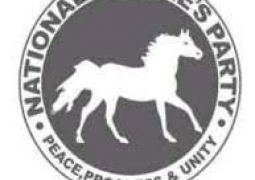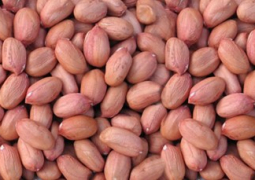
“When DLEAG updates the public on the seizures, captures etc, you notice the gap. There is a need for us to critically look at what DLEAG actually needs to fight drug; whether it is by land, sea or air, we should give them what they need to mitigate spread of drugs,” he said, adding “we should not allow drug dealers to destroy our youth and country.”
He made the submission during the adjournment debate of the 2024 Second Ordinary Session.
He also observed that The Gambia has a population of young people “and there is a need to talk about issues affecting them.”
“To do that, what is fundamental is our education, especially TVET. Developed worlds are moving more towards TVET advancement and there is a need for us to do that,” he argued.
“When you turn around in this country; in the carpentry sector and business sector among others are mostly done by non Gambians,” Hon. Mbowe further observed.
“We need to train our people to make sure that they have a trade that they can use and be able to use to generate income and contribute to national development.”
“Back in the 80s, schools used to have training centers where students learned metal works and carpentry amongst others. There is a need for us to revisit that. To do this, we need to look at what is going on in MoHERST particularly the area of TVET because there is a need for us to support their part to ensure that we have TVET across the country,” he recalled.
Hon. Mbowe further underscored the vitality of Central Bank to put to order the issue of foreign exchange in the country.
“The Gambia is one of the few countries that you can walk on any commercial bank and open a foreign currency account. We need to put policies and regulations in place. If every corner in this country is involved in foreign exchange, this indicates that there is no policy in place to regulate this.”
“Central Bank should be interested to know where the money is coming from.”
He urged FPAC to summon the governor to regulate this, saying this is contributing to the depreciation of the value of the dalasi resulting in price hikes of commodities.
Read Other Articles In Headlines

NPP alarmed by ‘unauthorised’ collection of voter details of its members
Jun 10, 2025, 12:49 PM



